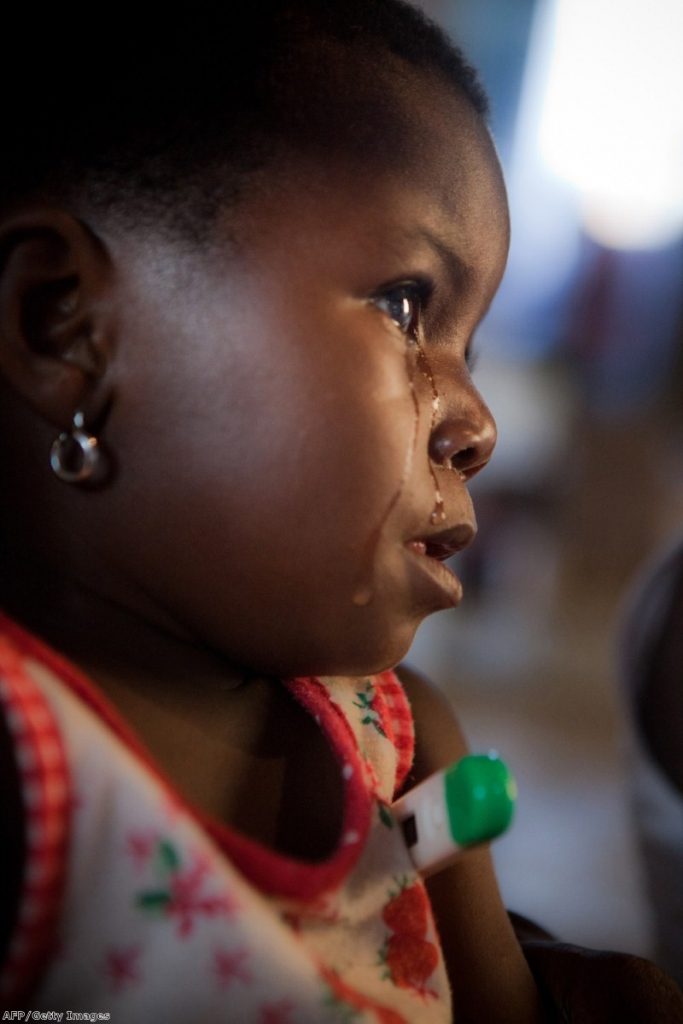Comment: Refugees have no safe way to reach Britain, but we can provide it
By Sonya Sceats
As is blindingly obvious, there are high numbers of refugees aboard the dilapidated boats making their way cross the Mediterranean. According to figures from UNHCR and Frontex, the EU agency that coordinates border control, most passengers are fleeing conflict-afflicted or fragile states.
One in three is Syrian. Another third come from Afghanistan, Eritrea, Somalia and Nigeria. All of these countries have abysmal human rights records, as Freedom from Torture knows well from the torture survivors to whom we provide therapeutic and other clinical services.
We also know that torture survivors are risking their lives on the boats because we work with and alongside many who have only reached us after braving this perilous crossing. They tell of appalling mistreatment, over-crowding and dehydration, and shared fears among all those onboard that they will drown at sea.


We welcome the prime minister's remark in parliament that "when people are fleeing torture and persecution, they can find a home here in Britain". The big problem is that they lack safe and legal means of getting here.
Torture survivors cannot apply for asylum at British embassies. Realistically, the only way is to turn up at the border by any means possible.
A better way is for the UK to agree safe passage in advance for torture survivors and other vulnerable refugees identified by the UN High Commissioner for Refugees in refugee camps and elsewhere, often in countries bordering conflict zones.
The UK makes a paltry contribution to such programmes. In the last year we offered a new start to only 934 refugees identified by the UNHCR as needing sanctuary. A special scheme for Syrians, created in response to enormous public pressure, has only helped 187 people.
Germany has offered to resettle 20,000 Syrian refugees and Canada has pledged to take 10,000. Compared with the UK’s programmes for Syrians and refugees from other parts of the world, Sweden and Norway both offer twice as many places.
From across the political spectrum, including within the Conservative movement, calls are rising for the UK to take more.
While the prime minister has made clear his opposition to the EU’s plans to set mandatory resettlement quotas, he has not ruled out a voluntary pledge.
As a collective European problem, the Mediterranean crisis is high on the agenda of a meeting of EU home affairs ministers on Tuesday and it will also be debated at an EU summit on June 25th which the prime minister himself will attend.
Ahead of these discussions, he has an opportunity to shift the focus from what his government will not do, to show instead what it will do.
By announcing a significant increase in resettlement opportunities, David Cameron would give meaning to his assertion that "Britain is a country with a moral conscience – we do not walk on by".
Such a move would reassure the public that Britain's immigration policies are underpinned by fairness and compassion where this is undeniably called for.
It would make good on the Conservative party's manifesto promise to continue British leadership in helping vulnerable women and children fleeing violence in Syria and, we would hope, other war-torn states.
And it would allow the prime minister to lead by example after his earlier calls for European states to cooperate in finding solutions to this humanitarian crisis.
Of course any pledge to resettle more refugees must be part of a multi-pronged approach, spanning measures to prevent torture and other root causes of flight, regional aid to states bearing the brunt of displacement and a fair asylum system for those who make it here, including early identification of torture survivors and proper handling of medical evidence.
Responding to the outpouring of public sympathy after the mass drownings in April the prime minister conceded that "Britain can do more to lend a hand". His decision to resume participation in search and rescue operations and the heroic work of HMS Bulwark is a welcome start. There is room to be much more generous on refugee resettlement and the time to act is now.
Sonya Sceats is director of policy and advocacy at Freedom from Torture. Follow her at @SonyaSceats.
The opinions in politics.co.uk's Comment and Analysis section are those of the author and are no reflection of the views of the website or its owners.









